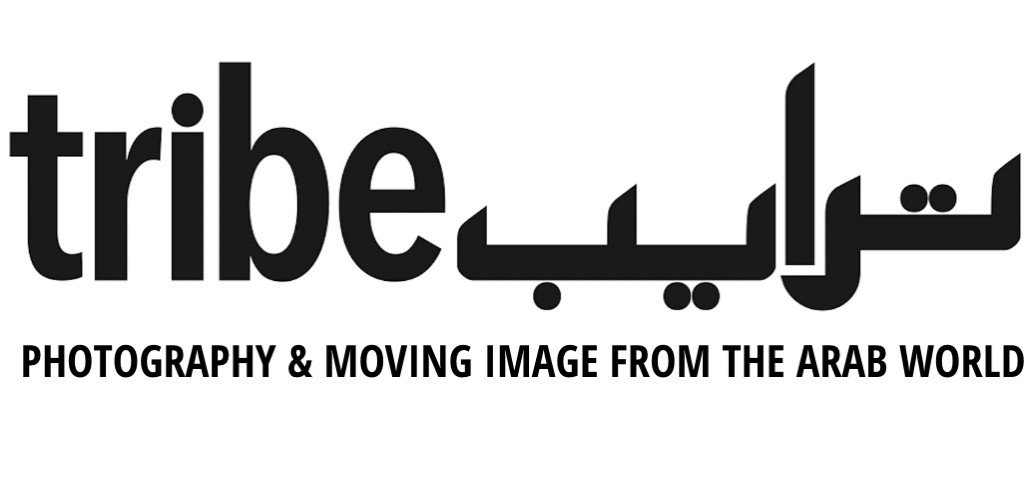Displacements and Reflections Casa Árabe x PhotoESPAÑA Festival
Thana Faroq, SIN TITULO, from the series I Don’t Recognize Me in the Shadows.
Displacements: Yemen Diasporas invites viewers to delve further into the displacements of individuals and families depicted by two photographers and visual storytellers of Yemeni origin within the context of forced migration stemming from the conflicts that have marked Yemen’s recent history—far from the glorious past when it was one of the most important centers of civilization in the Middle East.
Shaima Al-Tamimi and Thana Faroq’s works portray universal issues involving displacement, reflecting on social and cultural issues that continue to exist despite the distance, and linking identity to freedom and the limitations imposed upon it.
Shaina Al-Tamimi, from the series, As If We Never Came.
Al-Tamimi, a Yemeni-Kenyan visual storyteller whose family migrated to various countries before finally settling in the United Arab Emirates, explores her Yemenite roots and influences from other territories through her family history. In her series As If We Never Came, she focuses on her personal history by addressing the models and impacts of migration, identity, and culture with a cross-cutting approach. Her documentary style merges historical and family archives, creating a living narrative that provides a distinct point of view on the life and shared roots of the Yemeni diaspora.
The narrative grows darker in the featured series by Faroq, a Yemeni documentary photographer in the Netherlands, who tells a personal and collective story of displacement and migration based on her own experiences and those of the many refugees whose dignity and individuality she emphasizes through portraits and writings. The world that Faroq presents to us is not so fluid, “We live in a world where we are separated by borders and walls,” she writes. In her series, I Don’t Recognize Me in the Shadows, each person’s nationality becomes a heavy burden, in which identity creates a barrier against achieving freedom. Faroq offers beautiful, melancholy images that seek to reveal the fragile, transitory nature of these lives, alternating with reflections on personal moments and handwritten testimonies that capture their hopes and struggles.
This text has been adapted from the exhibition’s catalog essay and reprinted here with the curator’s permission.
Thana Faroq, UN AUTOBUS A EUROPA, from the series I Don’t Recognize Me in the Shadows.
Shaima Al-Tamimi has gone on to expand her series into a multimedia film titled, Don’t Get Too Comfortable, which premiered at the Venice Biennale and won the Bronze Tanit Award at Carthage Film Festival. Thana Faroq published her book I Don’t Recognize Me in the Shadows with Lecturis, a publishing house in the Netherlands in November 2020. The book was shortlisted for the Lucie Photobook Prize 2021 and has also been listed as one of the Interesting Artist & Photographic Books for 2021 by the PhotoBook Journal.
“Drawing on my own experience, 'I Don’t Recognize Me in the Shadows' reflects on freedom and the limitations placed upon some people when they attempt to come and go across jurisdictional spaces. It aims to visually articulate these people’s struggle to leave countries where conditions of violence, war and aggression are prevalent. The project weaves together imagery that seeks to depict the unpredictable and transitory nature of such restricted lives, with reflections on personal moments, handwritten testimonies that capture hopes, fears, dreams and struggles which belie the sense of ‘otherness’ fostered by restriction of movement.” - Thana Faroq“'As If We Never Came' is a long-term visual project inspired by my family’s journey and my personal struggle to understand the complexity of who we are today in the Yemeni diaspora. Faced with an almost total lack of recorded narratives about our history, I have felt the personal need to retrace my own family’s journey, as a step towards honouring the journey taken by all Yemeni diaspora communities, encouraging others like myself to own our identity and take back the voice which I feel we have lost as bystanders in transit.” - Shaima Al-Tamimi



